Beyond the tactics and bad food
Published on January 2nd, 2018
The 2017-18 Volvo Ocean Race is placing more emphasis than ever on a practical commitment to clean oceans and broad-based sustainability. As Vestas 11th Hour Racing aims to be the most sustainable team in the race, Team Director Mark Towill shares their approach with Seahorse magazine.
What the team is doing to achieve its sustainability goal.
We have three main components to our program. The first is operational – onshore and onboard. We took a hard look at our last campaign and identified areas that we can improve. This goes through to resource vetting suppliers and monitoring the carbon footprint of our logistics. We source local foods and sort out our waste from the boat to make sure it is properly recycled… (and we avoid meat on Mondays!).
We are partnering with local environmental organizations at each stop to try to give local issues a small boost; each group will also receive a grant from our other main partner, 11th Hour Racing, to encourage their work. Our goal is to leave a lasting impact at each of the stopovers.
The last component is through communication: this race has a big following, and all the foot traffic at the stopovers is a chance to reach new audiences. Our base includes a dedicated public education space centered around ocean health as well as renewable energies, encouraging visitors to consider changes in their own behavior.
How all the teams support the race’s sustainability initiative.
For the first legs we are using a special app to track the marine debris we see; this was developed in collaboration with 11th Hour Racing. The onboard reporters are responsible for compiling the information, which then goes into a public database to be used by scientists around the world. We will also be using a marine mammal tracking system to record wildlife encounters.
This race has a specific mission to gather data that will help make a meaningful difference in the fight against ocean plastic pollution. As part of this program, the Turn the Tide on Plastic boat is carrying equipment on the early legs to collect extra scientific information including salinity, water temperature, dissolved CO2 and other seawater data; they also use a custom filtration system to measure the amount of microplastics in the ocean. These key metrics will add another snapshot to current data on the world’s oceans.
Full report… click here.
Race details – Tracker – Scoreboard – Race route – Facebook – YouTube
2017-18 Edition: Entered Teams – Skippers
• Team AkzoNobel (NED), Simeon Tienpont (NED)
• Dongfeng Race Team (CHN), Charles Caudrelier (FRA)
• MAPFRE (ESP), Xabi Fernández (ESP)
• Vestas 11th Hour Racing (DEN/USA), Charlie Enright (USA)
• Team Sun Hung Kai/Scallywag (HKG), David Witt (AUS)
• Turn the Tide on Plastic (POR), Dee Caffari (GBR)
• Team Brunel (NED), Bouwe Bekking (NED)
Background: Racing the one design Volvo Ocean 65, the 2017-18 Volvo Ocean Race begins in Alicante, Spain on October 22 2017 with the final finish in The Hague, Netherlands on June 30 2018. In total, the 11-leg race will visit 12 cities in six continents: Alicante, Lisbon, Cape Town, Melbourne, Hong Kong, Guangzhou, Auckland, Itajaí, Newport, Cardiff, Gothenburg, and The Hague. A maximum of eight teams will compete.


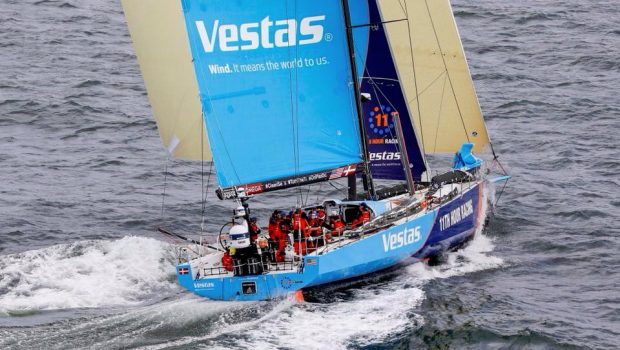
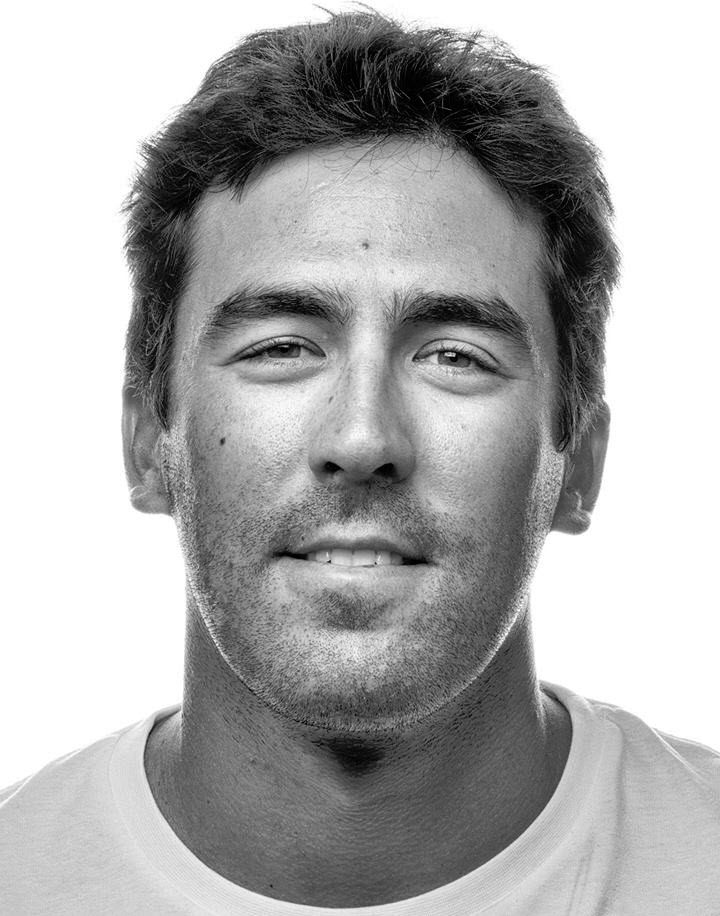


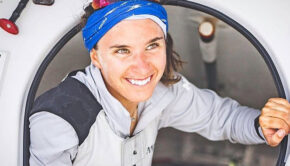
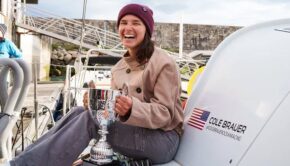
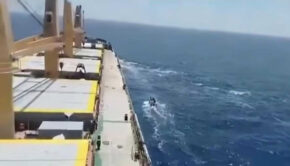
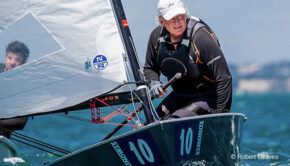
 We’ll keep your information safe.
We’ll keep your information safe.